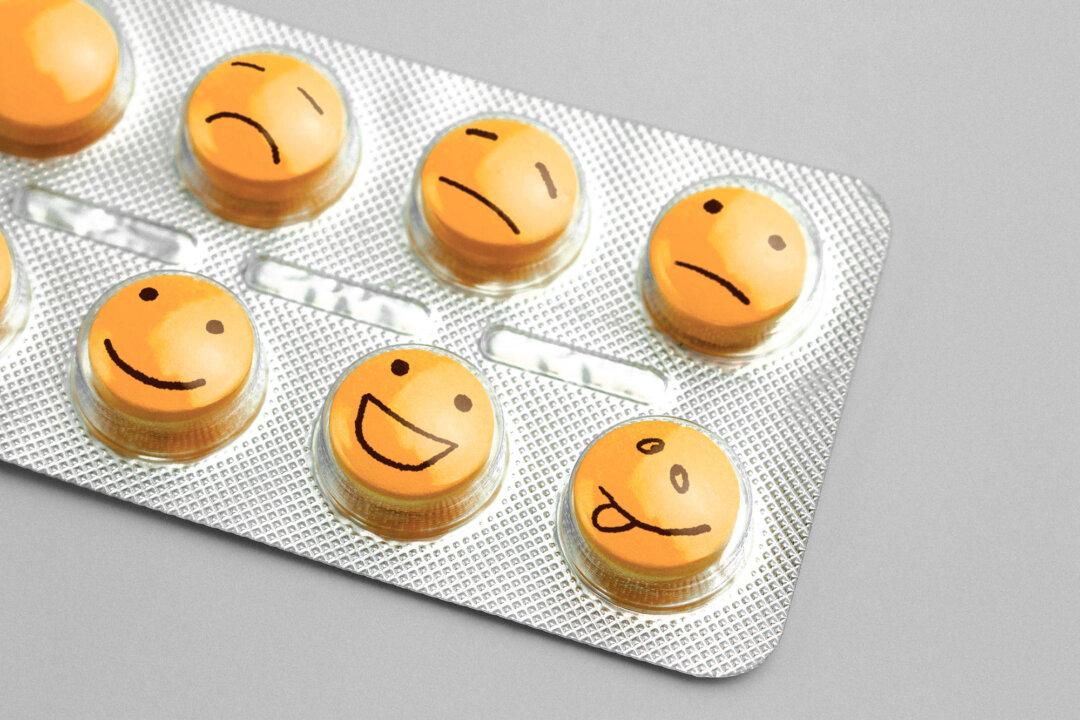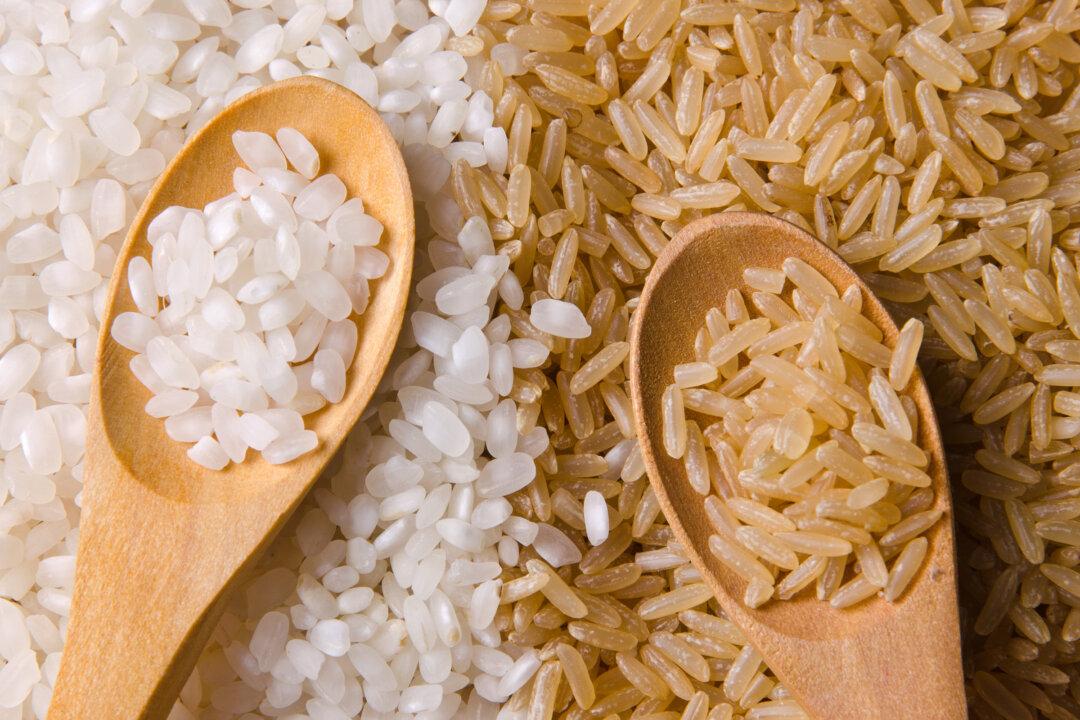Yogurt could reduce the risk of a specific type of colon cancer by 20 percent, according to a new study that tracked more than 130,000 health care professionals for decades.
People who ate at least two servings of yogurt weekly had significantly lower rates of colorectal cancer through changes in the gut.
The findings provide evidence of yogurt’s potential role in cancer prevention, according to the study authors.
Two or More Servings
The study, recently published in Gut Microbes, examined data from studies that followed participants for about five decades.The study didn’t find a strong enough link between yogurt and overall colorectal cancer risk to be considered statistically significant (meaning that the result could have been because of chance). However, they did find that people who ate at least two servings of yogurt a week had a 20 percent lower rate of a specific type of tumor located on the right side of the colon that tests positive for Bifidobacterium bacteria.
Right-sided tumors often cause fewer noticeable symptoms such as bleeding, leading to later diagnosis when the cancer has already spread and therefore worse survival outcomes.
Participants reported their yogurt intake (plain and flavored) every four years using a detailed food questionnaire. However, the study doesn’t specify whether one type offered a greater benefit against colorectal cancer.
Although there were no statistically significant associations between long-term yogurt intake and overall colorectal cancer incidence, there was a correlation in bifidobacterium-positive tumors, according to study findings, with a 20 percent lower rate of incidence for participants who ate two or more servings of yogurt per week.
Further Research Needed
“It has long been believed that yogurt and other fermented milk products are beneficial for gastrointestinal health,” co-senior author Dr. Tomotaka Ugai, an instructor in pathology and department associate in epidemiology at Harvard University, said in the statement. “Our new findings suggest that this protective effect may be specific for Bifidobacterium-positive tumors.”Dr. Andrew T. Chan, a gastroenterologist and chief of the Clinical and Translational Epidemiology Unit at Massachusetts General Hospital, emphasized that this study strengthens the link between diet, gut bacteria, and colorectal cancer risk. He added that it opens new avenues for research, particularly into how these factors affect colorectal cancer risk in younger populations.







